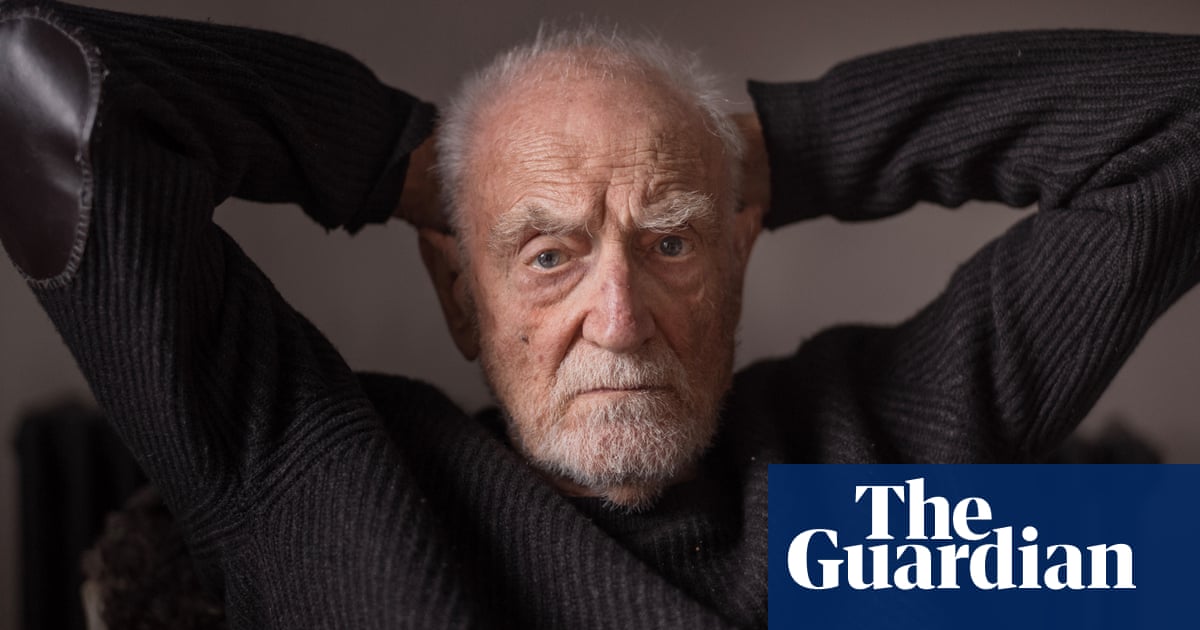A leading academic of English literature has criticised prosecutors for dropping an assault charge against a police officer who allegedly gave him forceful chest compressions meant for a heart attack victim while he was awake.
John Sutherland, 86, emeritus Lord Northcliffe professor of modern English literature at University College London, fell ill on a London underground train in May 2023.
An off-duty Metropolitan police constable, Sam Wilks, performed chest compressions on Sutherland, meant to revive a stopped heart, breaking a number of ribs.
Sutherland’s witness statement said he was conscious when the chest compressions started and that the “pain was excruciating”.
He said: “I was screaming as loud as I can to stop him. I screamed: ‘Stop, kill me, kill me, I can’t stand this.’ I was dissenting at the top of my voice.”
Cardiopulmonary resuscitation, orCPR, is usually used on someone who has stopped breathing and is unconscious.
The Met accepted the officer’s actions caused injuries but said Wilks had every reason to think Sutherland’s life might be in danger and he was trying to help.
Wilks was investigated by the British Transport Police and charged with inflicting grievous bodily harm, but Sutherland was informed last Tuesday, two working days before the scheduled trial date, that the CPS had dropped the case.
The Met said Wilks had been treated unfairly, facing almost two years under the threat of conviction and jail.
Sutherland said emails from his solicitors to the CPS to explain its decision went unanswered, meaning he could not seek any review of the decision.
During a brief hearing last Tuesday, the judge, HHJ Kelleher, asked the prosecutor representing the CPS if the decision to drop the case “had been communicated to Prof Sutherland”.
Prosecutor Michael Shaw, who made it clear he was acting on instructions, claimed Sutherland and his partner had not responded to emails.
Sutherland told the Guardian this claim was untrue and “misleading”, and after questioning by the Guardian the CPS accepts it sent no emails.
He said: “The assault and its after-effects have been the greatest trial of my life. The statement by the prosecutor has added to it. The excuse for no actual trial taking place has added to my injury.”
Shortly after 8.45pm on 27 May 2023, Sutherland fell ill while on an underground train. His wife called for help, believing he could be suffering from a cardiac arrest, and a doctor and Wilks responded.
Sutherland was taken off the train and a defibrillator kept at the station was attached to his torso. The machine gave spoken instructions wrongly saying no heartbeat was present and that emergency chest compressions should begin. Sutherland was breathing, conscious and able to talk.
According to Sutherland, Wilks took charge and decided the instructions from the defibrillator to perform chest compressions should be followed. Sutherland and his wife pleaded for the chest compressions to stop.
A note by doctors who later treated Sutherland for his injuries describes them as coming from an “assault/chest compressions while awake … had chest compressions WHILST AWAKE …”
After the criminal case was dropped, the Met on Friday decided Wilks should not face any disciplinary action and returned him to full duties: “PC Wilks intervened off duty during what he had every reason to believe was a life-threatening medical episode. There is no evidence to suggest he had any ill intent. He believed he was trying to save a life. We did not feel this case should have been pursued through the courts.
“Even though the case has now been dropped, we should not underestimate the impact it will have had on him to this point.
“We of course also recognise the unintended impact on the gentleman who had fallen ill and who sustained injuries as a result of PC Wilks’s intervention.”
The CPS did not respond directly to Sutherland’s view that the court and judge had been misled. A spokesperson said:“After carefully reviewing the case, including the medical evidence and witness statements, we concluded that there was no realistic prospect of conviction in this case.
“The complainant was informed of our decision last week and we will be writing to him to further explain our decision.”
Sutherland, both of whose parents were police officers, plans to sue the Met and has formally complained to the CPS about its conduct.
